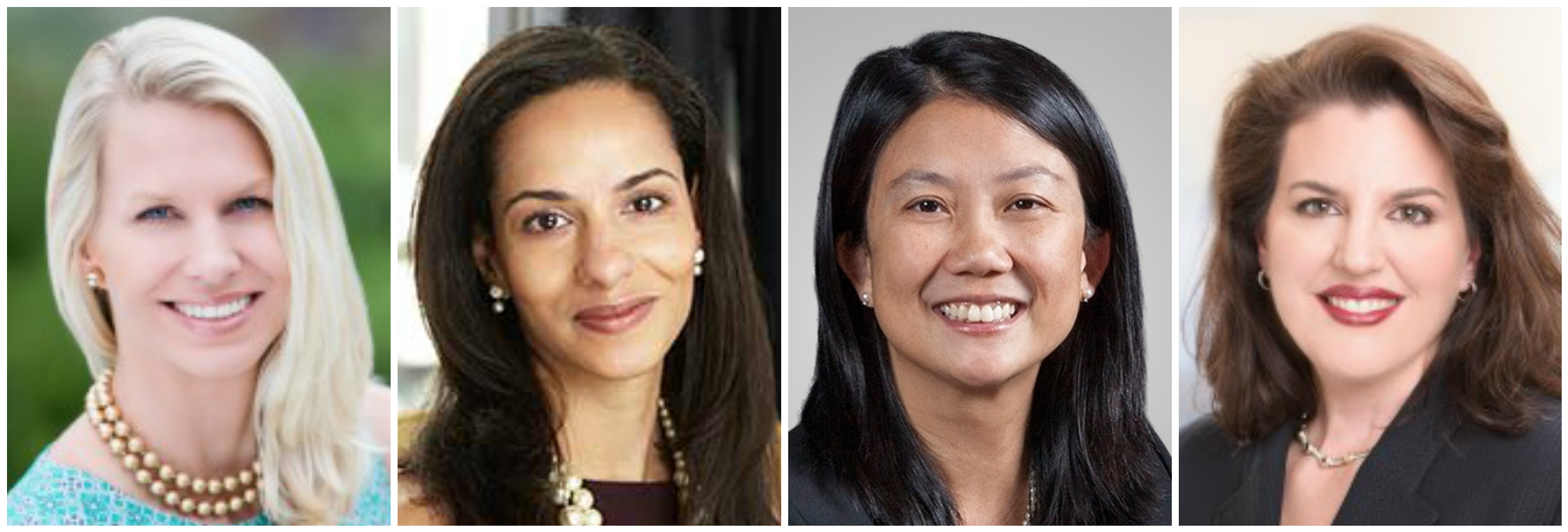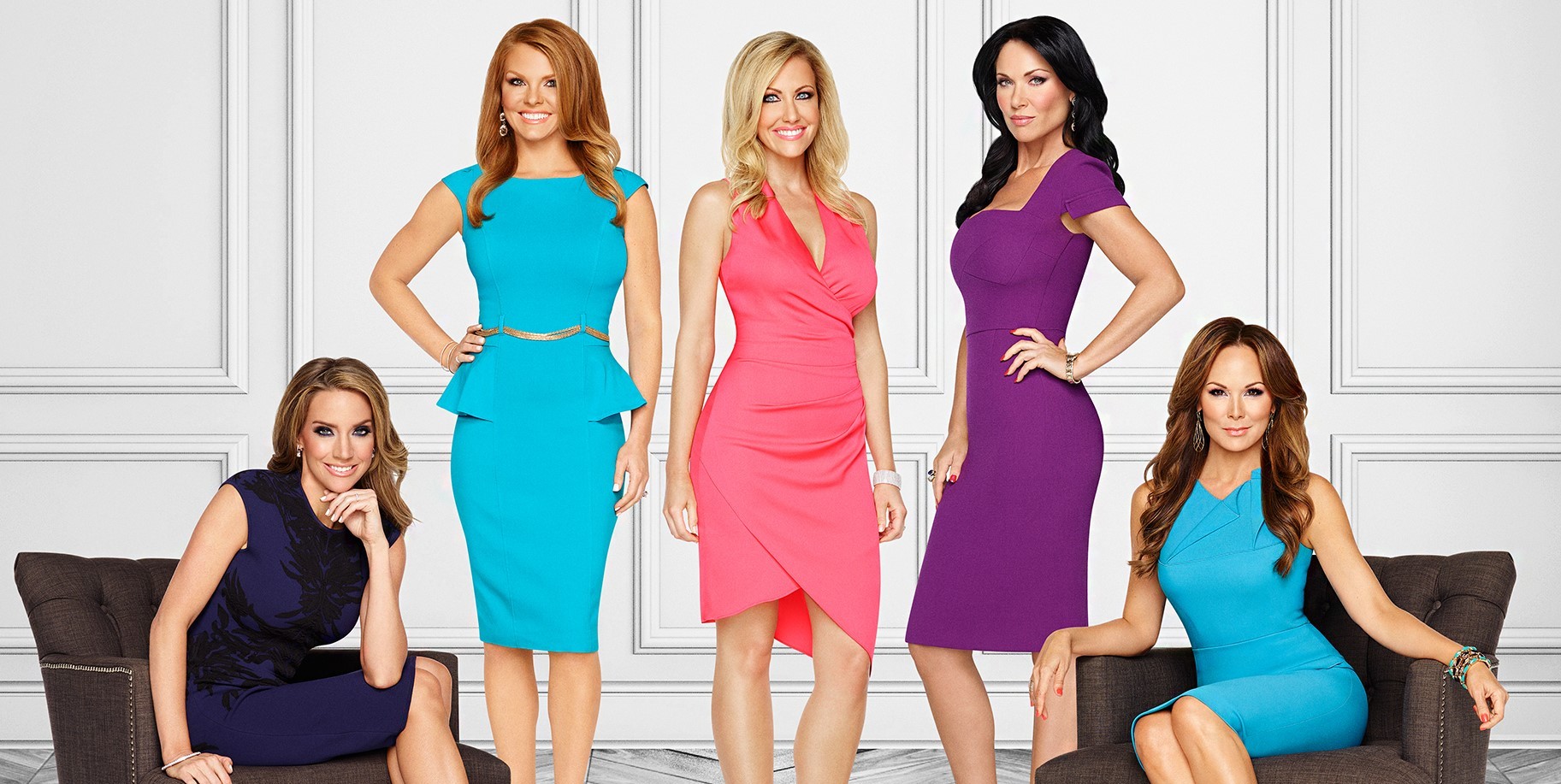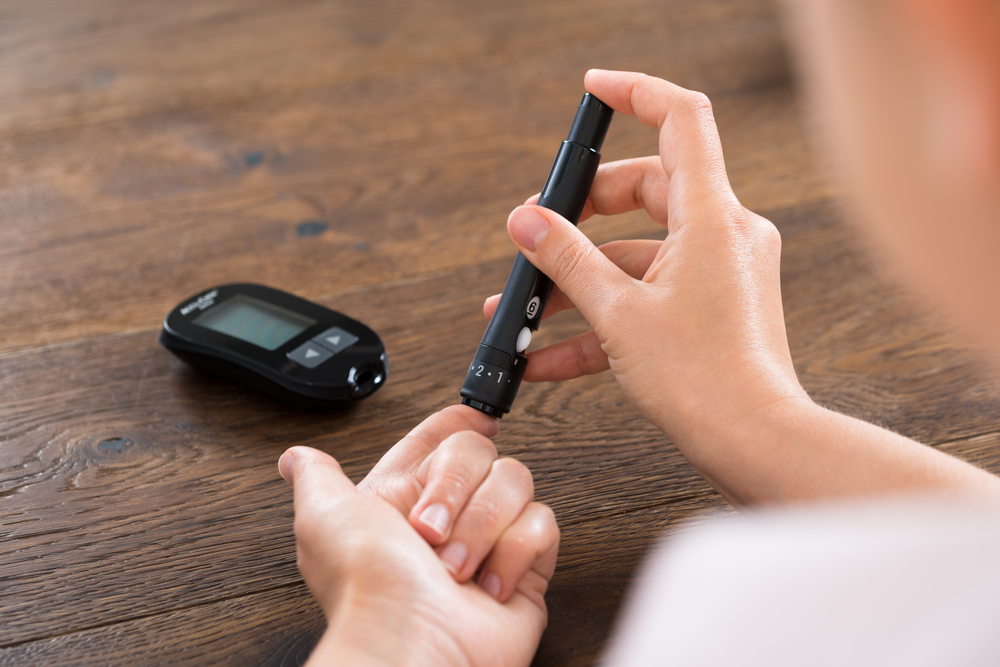Although 92 percent of all cosmetic procedures are performed on women, the vast majority of plastic surgeons are men. In an academic environment and workplace dominated by male doctors and mentors, female plastic surgeons must overcome gender bias, grueling training, and the lifestyle demands of their chosen profession.
A recent op-ed in the Journal of The American Society of Plastic Surgeons (ASPS), Melting the Plastic Ceiling: Overcoming Obstacles to Foster Leadership in Women Plastic Surgeons, seeks to explain why women are underrepresented in plastic surgery medical schools and practices. As stated in the article, reasons women cite for not pursuing surgical training include the following: a lack of female co-workers and role models, sexual discrimination, the perception of surgery as “an old boy’s club,” and the challenges of reconciling motherhood and professional advancement.
We asked four successful female plastic surgeons to share their thoughts on those statements.

From Boot Camp to Old Boys’ Club
According to San Francisco plastic surgeon Dr. Karen M. Horton, “Most surgeons, particularly plastic surgeons, are men. On average about 14 percent are women. There were no female mentors in my training program, nor were they in my residency. In my graduating medical school class, out of around 220 students, only 4 women entered surgery. I found that shocking.”
New York City plastic surgeon Dr. Sonita Sadio says the grueling training schedule is to blame. “Becoming a plastic surgeon requires 4 years of college, 4 of medical school, and at least 6 years of demanding surgical training. In contrast, specialties like pediatrics and internal medicine only take 3 years total, prior to any additional specialty fellowship training. I think women who prioritize marrying and starting a family naturally gravitate towards specialties with less demanding, shorter training schedules. I don’t think you can say that there is any grand conspiracy around that.”
However, Dr. Sadio fully agrees that an old boys club does exist.
“Surgery is still extremely macho. It’s like a military environment,” she says. “Alpha men don’t bother me—in fact, I quite like being around decisive people—and I don’t think it’s sexist to say that many women are not inclined to live through boot camp for the better part of a decade. I just loved working with my hands and knew almost immediately that surgery was the field for me. Becoming a surgeon was the most challenging time of my life and I’m so proud to have had the experience. But it didn’t come without personal costs.”
Surgery is still extremely macho. It’s like a military environment.
Dr. Sonita Sadio
Still, good news is on the horizon, suggests New York City plastic surgeon Dr. Deborah Yu. “There has been an increase in female medical students entering surgical fields in the time since I began my training.”
Dr. Danielle DeLuca-Pytell of Troy, Michigan concurs. “Over 50 percent of medical students in the United States are women, and a third of trainees in plastic surgery are women, so that number is rising.”

Dr. Lisa Ruchti, Associate Professor and Chair of the Department of Women’s and Gender Studies at West Chester University of Pennsylvania, and author of Catheters, Slurs, and Pick-up Lines: Professional Intimacy in Hospital Nursing, suggests that women are being pigeonholed because of their gender.
“I worry that the thinking that women wouldn’t find the lifestyle of the surgeon appealing, because of the ‘grueling schedule’, can perpetuate a false notion that women can’t handle being a surgeon, which is very different from not wanting it in the first place,” says Dr. Ruchti.
Father Figures and Motherhood: Determining Factors
It appears that having a strong male role model and supportive life partner can help some women become accomplished plastic surgeons.
“My father was a general surgeon, so I knew all about the grueling training of the subspecialty,” says Dr. Horton. Dr. Yu’s father was a surgeon, too. “It gave me early exposure to the field.”
Dr. Horton also attributes much of her success to her husband, to whom she has been married for 20 years. “We decided as a couple early on that my career would be the priority over his job. He has taken on the role of primary parent at home with our young twins. He never makes me feel guilty when I leave early in the morning, or work late, or when I travel for professional society meetings. I know that I am supported 100 percent in my career, which allows me to work hard and stay passionate about plastic surgery without guilt or conflict.”
“I contributed my experiences as a resident and young attending surgeon for the ASPS article,” says Dr. DeLuca-Pytell. Personally, my measure of success might be different than that of my male colleagues. I am seeking an optimal work/life balance. That a woman’s childbearing years and training occur at the same time is an issue. It took some time for me to figure it out and it would have been great if there were more women mentors and role models.”
“I had the privilege of meeting one of the study’s authors, Dr. Linda G. Phillips,” says Dr. Yu, “and it is remarkable how much she has accomplished while raising four children. Unfortunately, her situation is rare. Several female plastic surgeons I know have sacrificed having a family for their career.”
Dr. Horton agrees. “Some of the female plastic surgeons I know suffered from burn-outs after giving it all to their practice and never getting married or having a family,” she says. “Some even admitted they sometimes resented their patients.”
“The finding that women do not feel a career in surgery suits their life goals should have us questioning the industry and traditional gender expectations, not the women themselves and their desires,” concludes Dr. Ruchti. “Both men and women want more time at home.”
The Undisputed Importance of Mentorship
Dr. Sadio believes that the op-ed misses the mark somewhat on mentorship. “It’s true that mentorship is critical to advancement. At my training program we all were assigned mentors. But mine was a junior member of the staff—married with a child—and she didn’t have much standing in the department, so it didn’t help me very much.”
“What women really need are senior staff members, male or female, who can help them navigate department politics, advocate for advancement, and support their goals,” says Dr. Sadio. “I had unofficial male mentors with credibility and clout who advocated for me. Male or female, ultimately this is what matters.”
Dr. Ruchti disagrees with Facebook C.O.O. Sheryl Sandberg’s ambition gap theory, which the op-ed’s authors also discredit. According to Sandberg, some women “sit back” when they reach a certain point in their career because of their fear of not being able to juggle the demands of a higher level position. “Women are incredibly ambitious,” argues Dr. Ruchti. “We just need systemic supports in the workplace to take advantage of this ambition.”
Dr. Horton, for one, has opted to support other women by paying it forward. “I have chosen to mentor women since I entered private practice. I also serve as a committee member on women’s groups for the ASPS and The American Society for Reconstructive Microsurgery (ASRM). Although I don’t formally teach, I love welcoming female students to hang out with me in the operating room and learn what life is like outside of the university setting.”
Do Female Patients Prefer Male Doctors?
Since male doctors proliferate in plastic surgery, does that have anything to do with patient preference? Not necessarily. “I think most patients see a male doctor because often there isn’t a choice of a female doctor,” says Dr. Yu. “In fact, many female patients call our office specifically requesting a female surgeon.”
Many female patients call our office specifically requesting a female surgeon.
Dr. Deborah Yu
Dr. Horton agrees. “Many of my patients disclose they sought me out because I am a woman, a mom, and care about body image and self-esteem.”
“My female patients tell me that that they can speak to me honestly and share more of their concerns with me, particularly because I have faced many of the same concerns (issues with confidence, body after baby, aging). That helps me listen empathetically, and carefully guide my patients to a decision that is right for them,” says Dr. DeLuca-Pytell.
“Some women do prefer a male plastic surgeon to provide validation when it comes to aesthetics,” says Dr. Sadio. “Also, some women feel a female plastic surgeon better understands her concerns and won’t overdo it, say with breast augmentation or overly stylized facial results. I have a practice with special offerings for men, so I experience both sides of the equation.”
Ultimately, all doctors are driven by the satisfaction they find in bringing positive changes to their patients’ lives. Dr. DeLuca-Pytell chose to go into plastic surgery because she “found it gratifying to see someone with restored confidence and wholeness after surgery. I had thought of becoming a fine artist prior to medical school, and plastic surgery to me is the ultimate fine art.”









